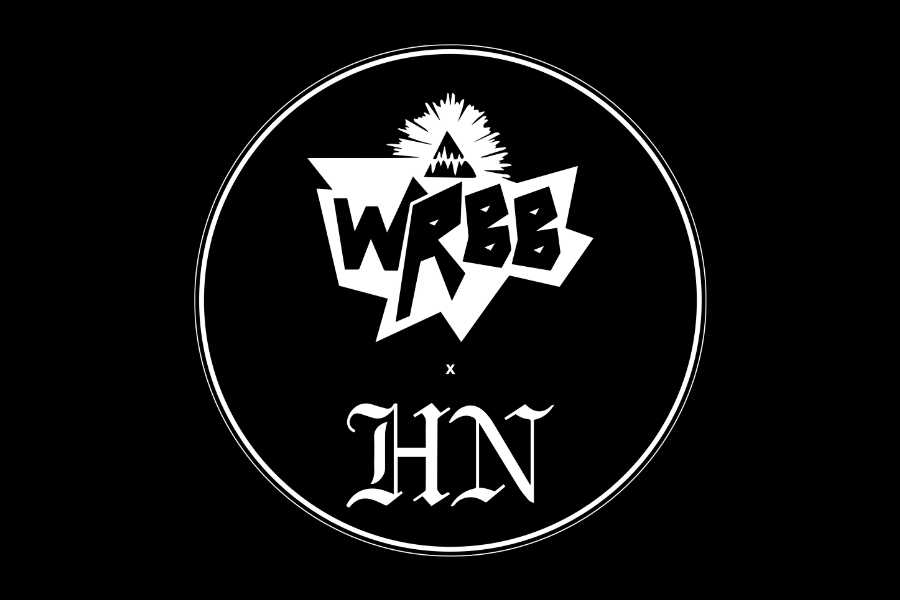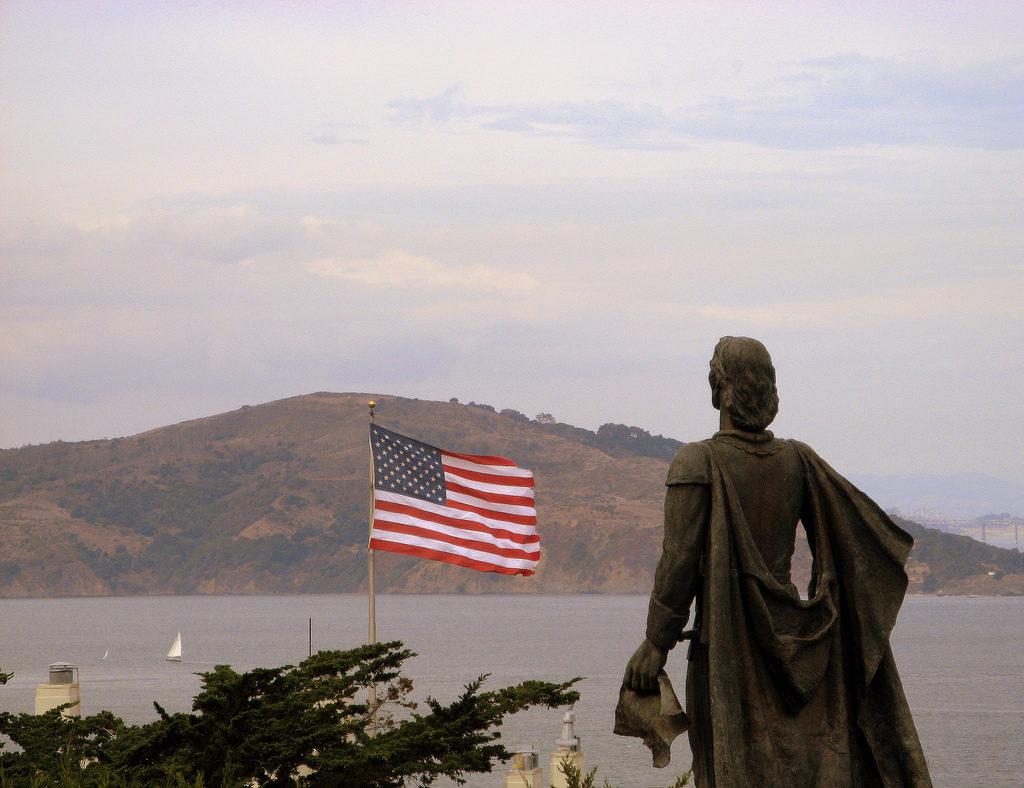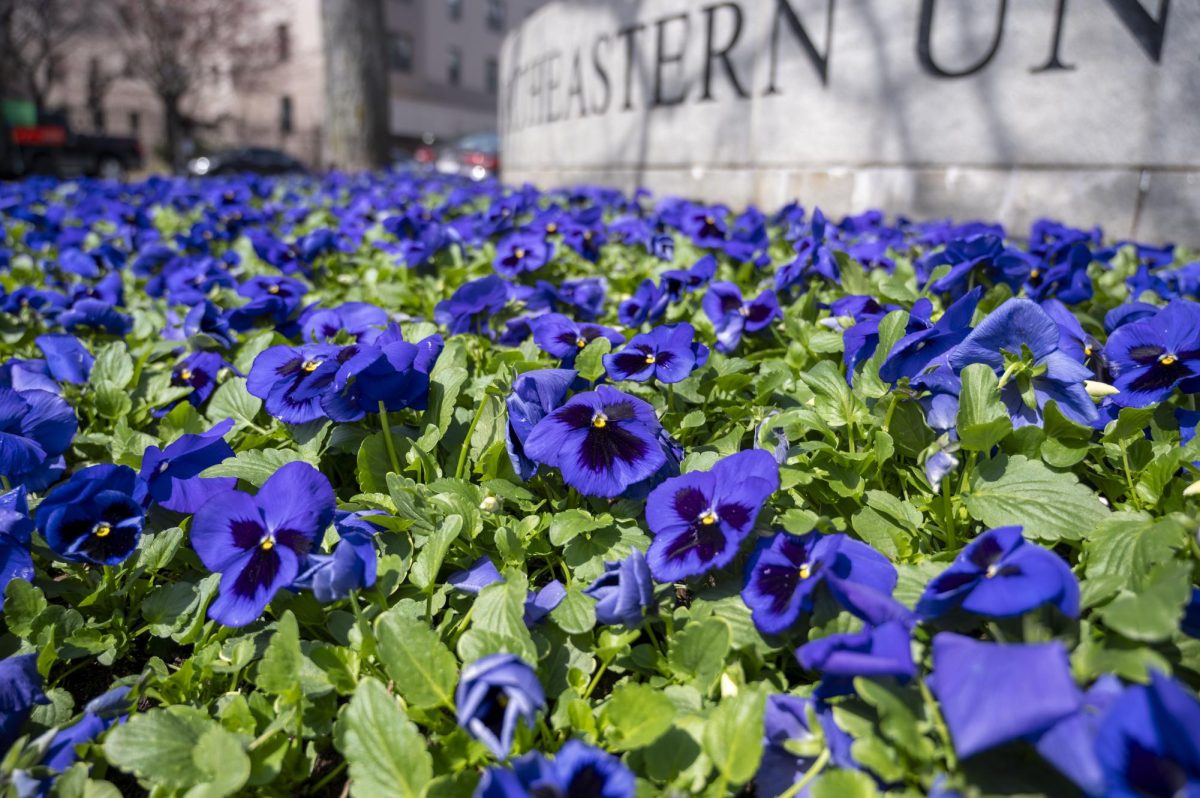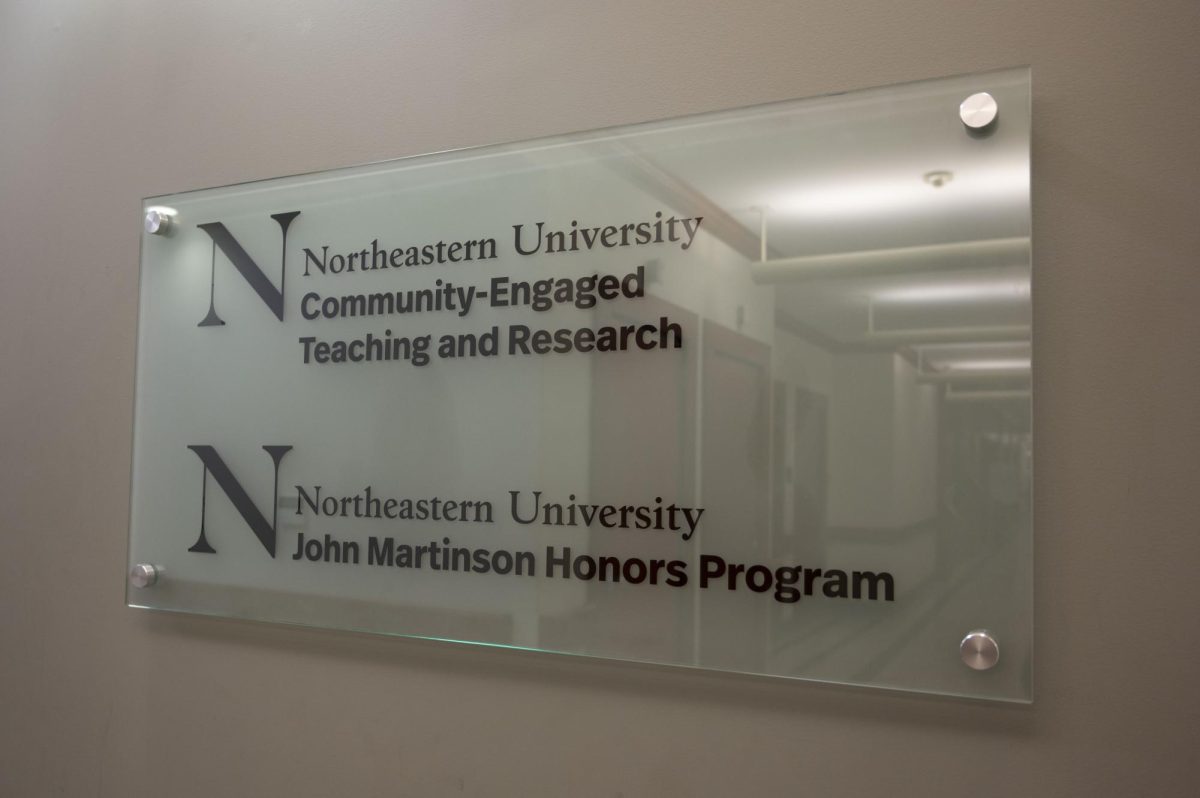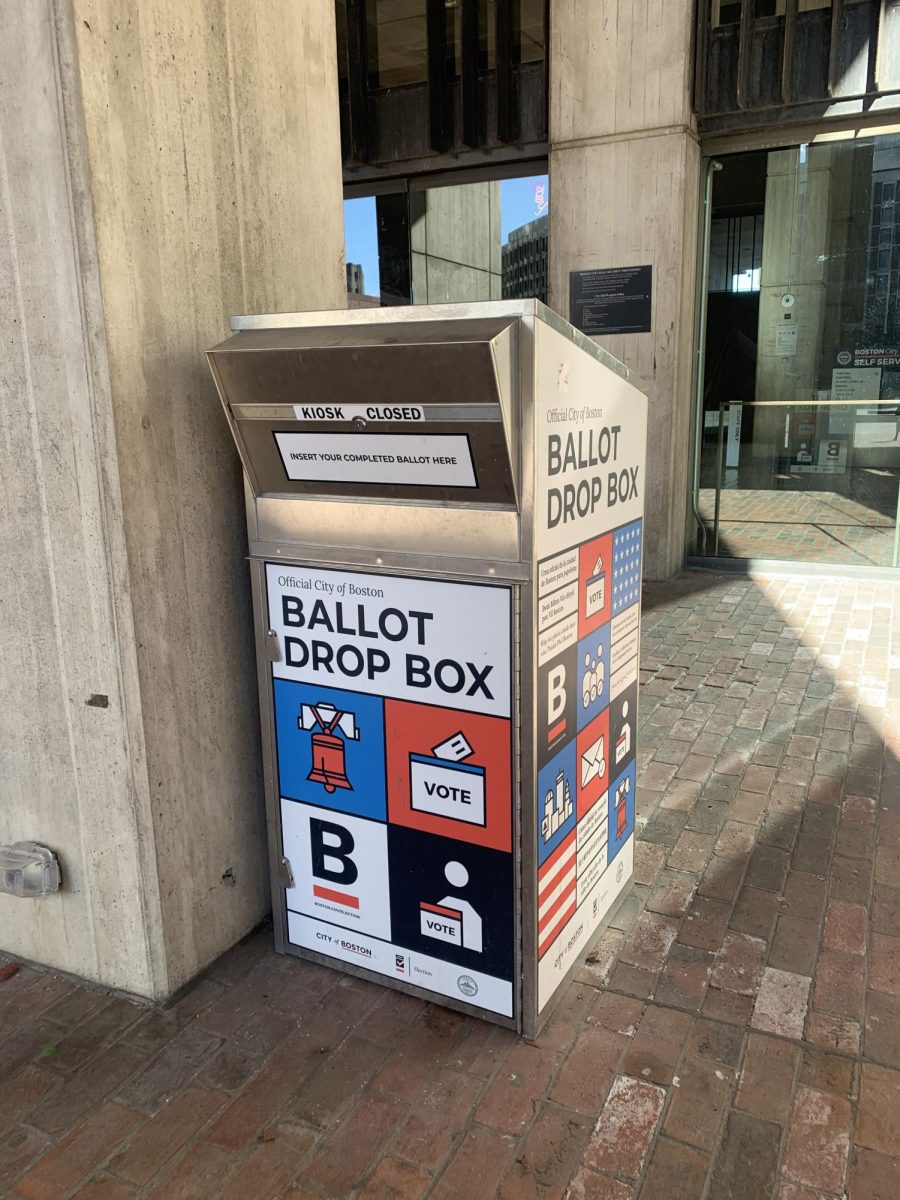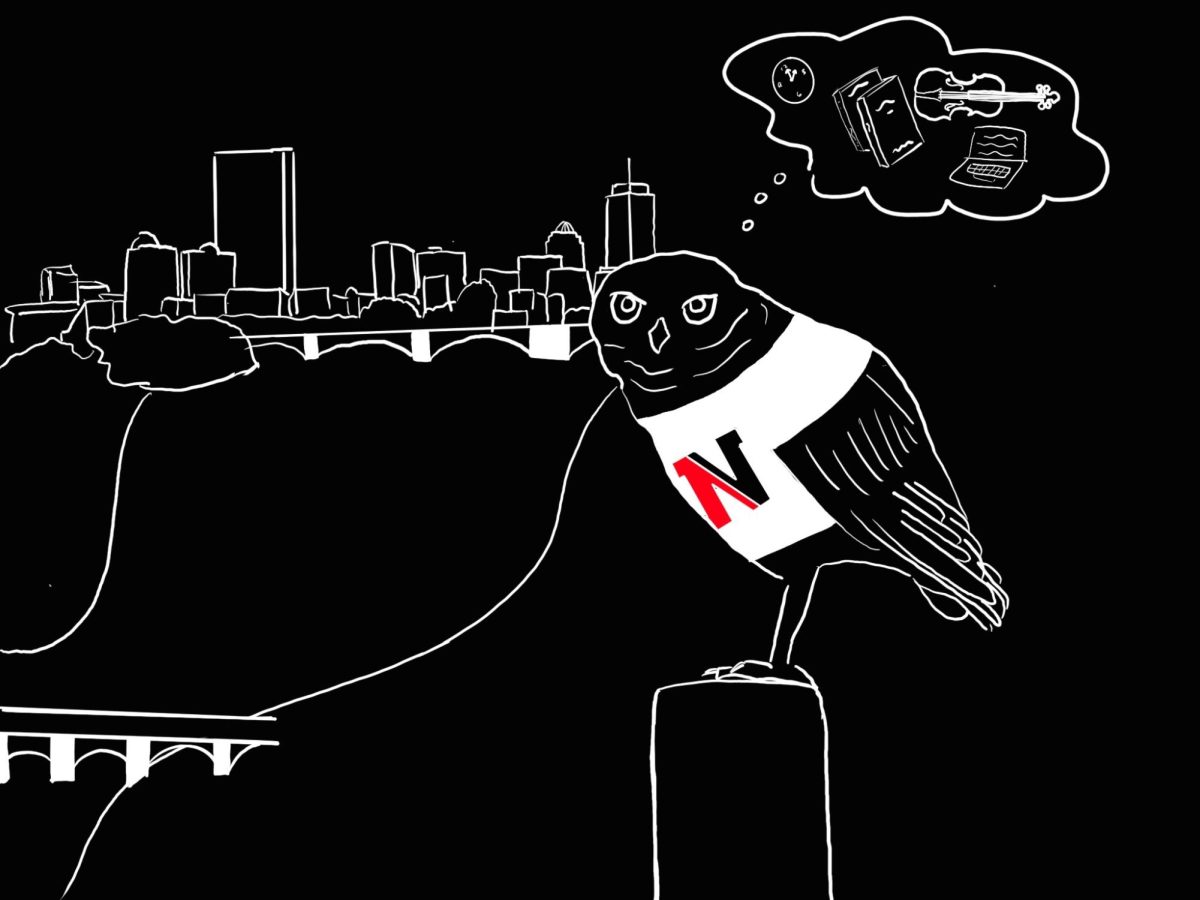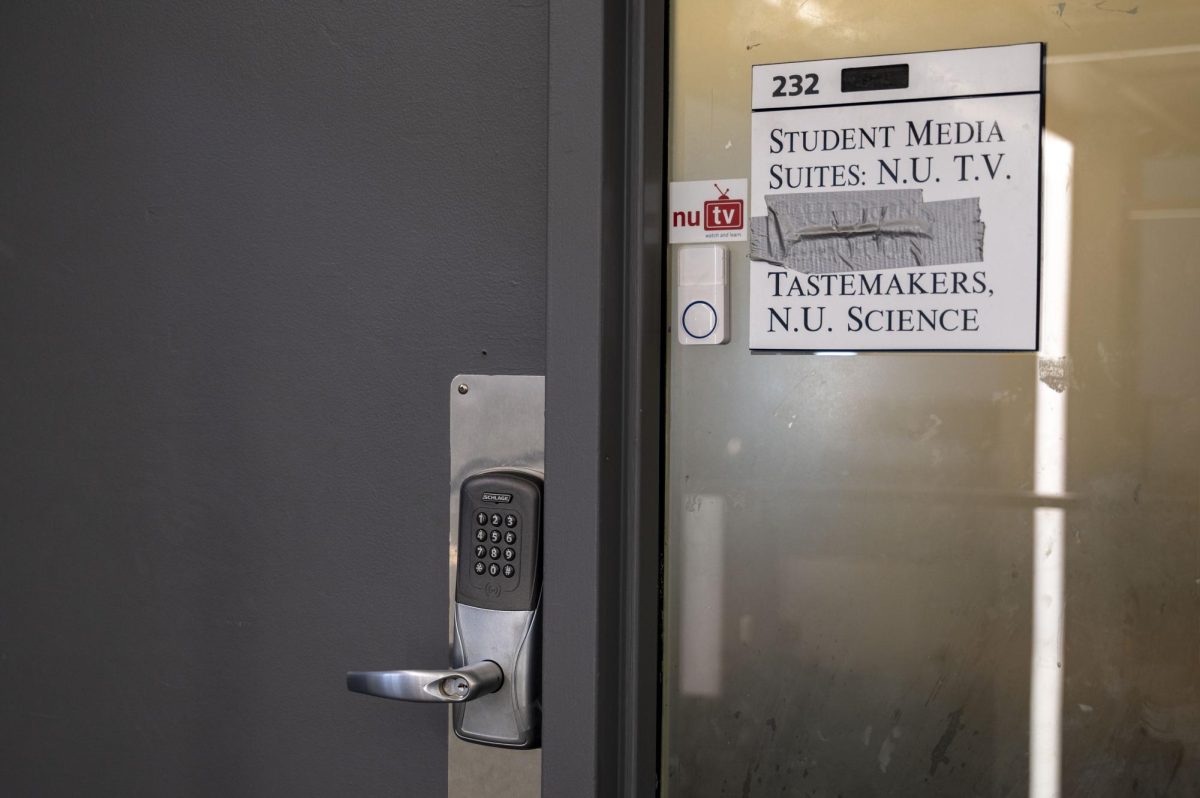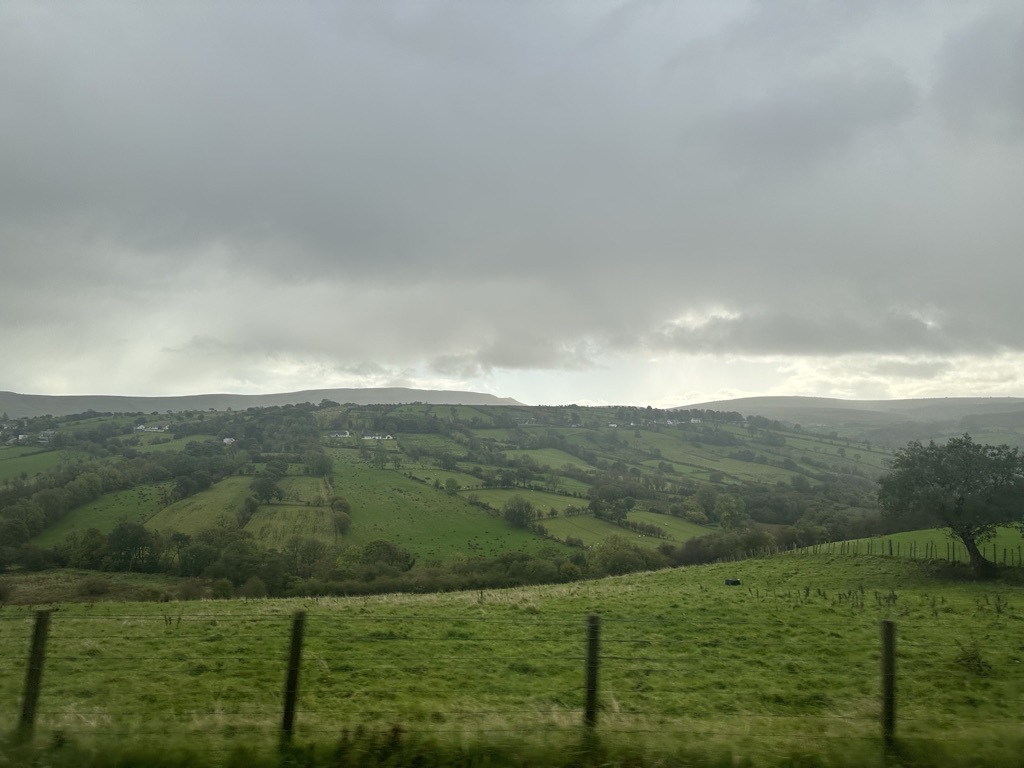By Molly Tankersley
While many cities around the country observed Columbus Day last Monday, Seattle celebrated the unanimous decision to instate Indigenous Peoples’ Day in its place.
Anyone who experienced third grade US curriculum can tell you that Christopher Columbus sailed the ocean blue in 1492. It’s the events that followed this that have been falsely represented in American culture, and the renaming of Columbus Day is one of the actions cities are taking to acknowledge the treatment of native people by the famous Italian explorer.
Seattle joins Minneapolis, whose city council also renamed the holiday as Indigenous Peoples’ Day this year, in reinventing Columbus Day to create an inclusive celebration of a community that still faces racism, poverty and marginalization today.
As with any movement to dispel discrimination and grow as a nation, there have been those that object to the change and vocalize their opinions loudly. Some Italian-American communities are highly offended by the new holiday, saying that it “honors one group while disregarding the Italian heritage of others,” the AP reports.
This is a puzzling stance to take, as it equates Italian heritage with a man who Seattle City Council member Kshama Sawant said played “a pivotal role in the worst genocide humankind has ever known” in an interview with The Times.
Surely there are a number of Italian-American icons that have legacies far greater than “discovering” a land already inhabited, and, as it turns out, not even what we know as the United States. Columbus actually made landfall in the Bahamas and colonized what is now Haiti, the Dominican Republic and other areas of Central and South America, according to the Encyclopedia Britannica.
Not only does the federal holiday celebrate a deeply flawed man who has left a dark and violent mark on history, but it wasn’t even our history as a country that he affected.
When tempted with a three-day weekend void of any kind of strenuous thinking, contemplating the ethics of Columbus Day may not be at the top of our lists. But when considering what this holiday says about our country and the way it affects Native American communities, it should be. Why are we still observing a holiday that is both politically and historically incorrect, as well as insensitive and exclusive?
Those opposing the new holiday seek to compromise by designating Indigenous Peoples’ Day as a separate holiday from Columbus Day. There is speculation as to whether Columbus Day will survive at all, as, according to the Pew Research Center, it is already “one of the most inconsistently celebrated US holidays.”
Eliminating Columbus Day altogether, or supplementing it with a separate holiday dedicated to indigenous communities, is merely a method of avoiding the issue rather than admitting the mistake.
Truly addressing the pain in our history and the continued suffering of the native people of this country is something that cannot be amended with a single day on a calendar. But abolishing the annual honoring of such an atrocious historical figure is a start.
If we allow it to, Indigenous Peoples’ Day can be about more than the legacy of those who inhabited this hemisphere before Columbus or any other explorer colonized the land.
At its best, it can be a call for change.
Photo courtesy debaird, Creative Commons.


